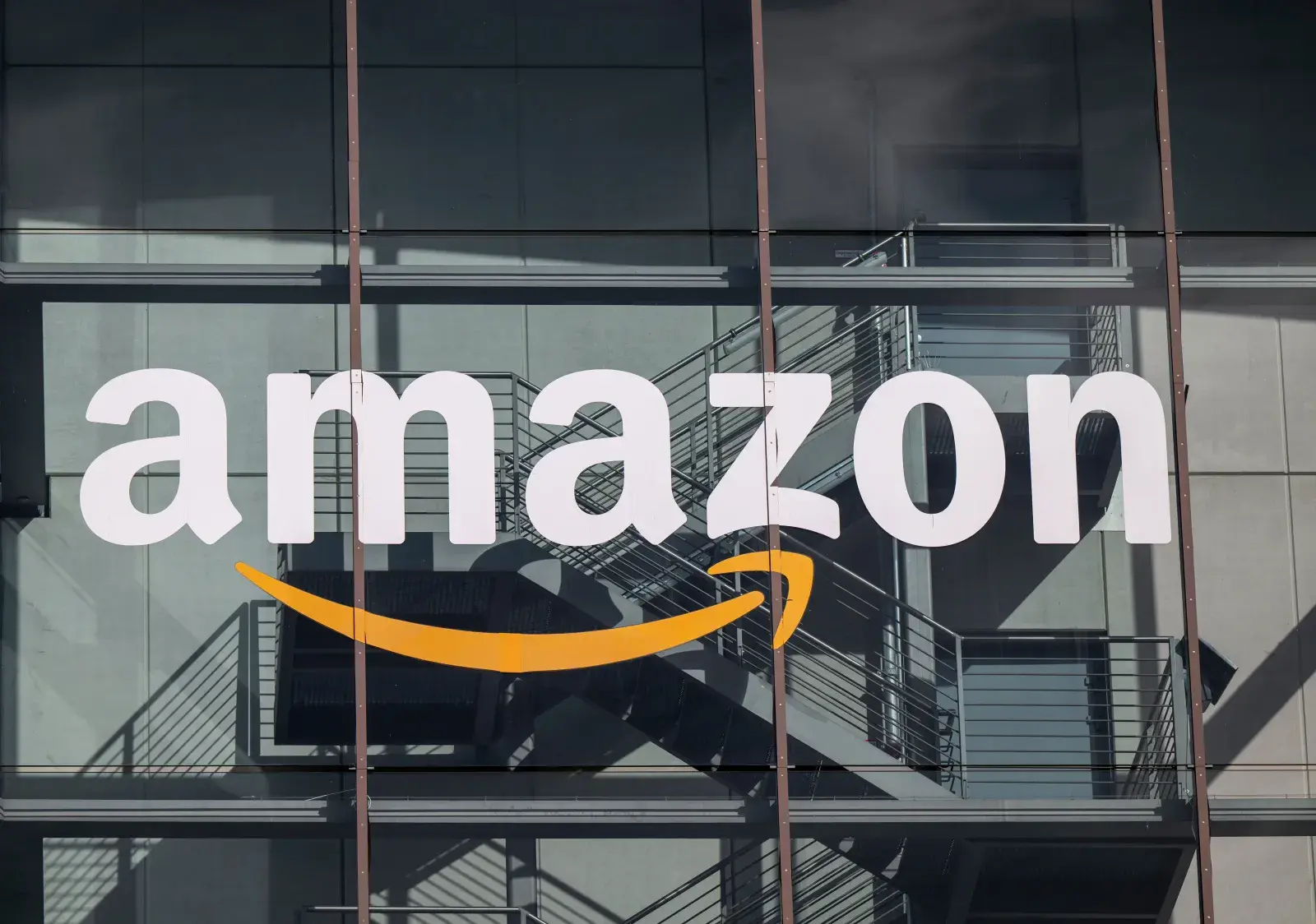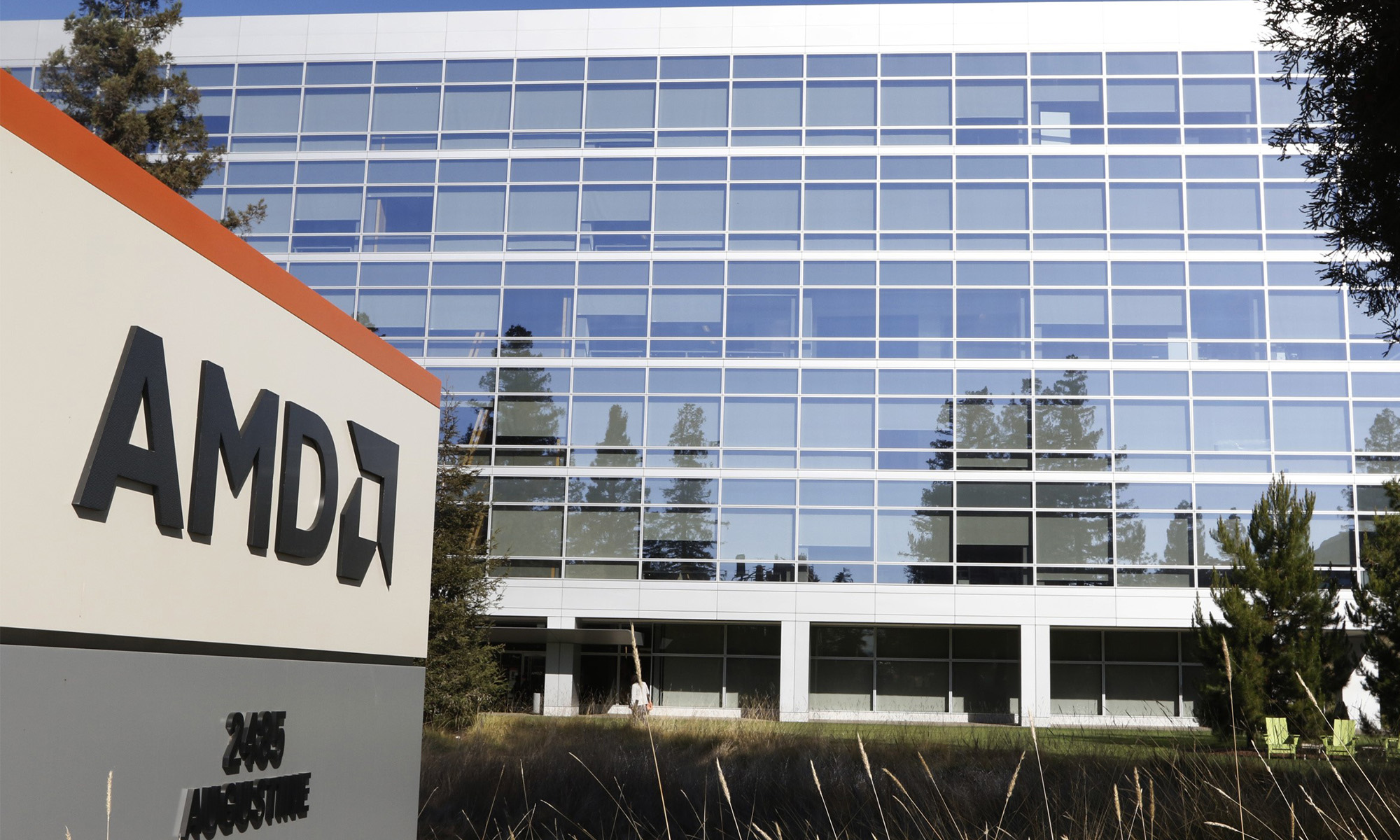Copyright newsweek

On Tuesday, Amazon laid off 14,000 employees in an effort to improve operations by removing layers of bureaucracy, according to a company announcement posted by Senior Vice President of People Experience and Technology, Beth Galetti. “We want to operate like the world’s largest startup,” Galetti wrote. “The reductions we’re sharing today are a continuation of this work to get even stronger by further reducing bureaucracy, removing layers, and shifting resources to ensure we’re investing in our biggest bets and what matters most to our customers’ current and future needs.” The Seattle-based retail and web-hosting giant announced $167 billion in revenue in Q2 2025, following 2024 revenue of $637 billion. It has around 350,000 corporate employees, according to Reuters, which broke the news of this round of layoffs, which was the largest among major tech employers since 2020. “Some may ask why we’re reducing roles when the company is performing well,” Galetti wrote. “The world is changing quickly. This generation of AI is the most transformative technology we’ve seen since the Internet, and it’s enabling companies to innovate much faster than ever before… we need to be organized more leanly, with fewer layers and more ownership.” Why It Matters In June, Amazon CEO Andy Jassy signaled workforce restructuring coming as a result of emerging technology and changing markets. The company’s Q3 earnings call is scheduled for October 30. “We will need fewer people doing some of the jobs that are being done today, and more people doing other types of jobs,” Jassy said in a memo, adding that in “the next few years, we expect that this will reduce our total corporate workforce as we get efficiency gains from using AI extensively across the company.” Salesforce CEO Marc Benioff also indicated in July that AI is reshaping his company’s workforce. After a round of layoffs in September, Benioff said AI is decreasing his need for customer support staff. “I’ve reduced it from 9,000 heads to about 5,000, because I need less,” he said, according to CNBC. Salesforce has shared with Newsweek that it has developed internal programs to help employees upskill around AI, including how it matters for their current role and how they can train their way into different, future-oriented roles. Amazon’s latest announcement adds to the fervor around emerging technology’s potential to sharply decrease the need for office workers, leading to fears of large-scale job loss. It also carries long-run costs that don’t always benefit the company. An October 28 memo from Gartner points out that although “65% of organizations have engaged in multiple rounds of cost cutting in recent years, only 11% of organizations managed to sustain their cost reductions into a third year.” There are other long-run costs associated with layoffs as well. “Employees who feel undervalued or disposable stop taking risks, stop innovating, and start looking for a way out. The cultural costs, including loss of institutional knowledge, psychological safety, and engagement fester over time and almost always outweigh the temporary financial benefits,” Chris Kaufman, co-founder of StockX, told Newsweek. What To Know Microsoft, Target and John Deere are among the major companies making recent cuts. “Is Amazon truly becoming more efficient, or are they taking a big risk? We don’t know yet,” Lisa LaViers, an assistant professor of accounting at Tulane University’s A.B. Freeman School of Business, told Newsweek. “What is clear is that if the layoff is truly about announcing innovation, and they are saying that they have innovated a way to do more with less.” It may be risky, as LaViers implies, because the company is freeing up money and absorbing hits to morale to further invest in an unproven solution for the future of work. “Layoffs impact employee morale in a negative way. Nobody wants to see their friends get fired and… there would be a concern that there’s going to be a future layoff,” LaViers continued. “That’s going to make employees feel less secure in their jobs, and they may go look for other jobs.” Fears of large-scale job loss due to AI adoption may not be fully founded, as the link between AI and increased productivity is far from proven right now. Moreover, AI adoption is not directly meant to replace people or jobs, but in many cases to make them more productive. But that goal has not yet been fully realized. “We have not seen the vast majority of companies realizing large scale AI-driven productivity gains yet,” Caroline Walsh, managing vice president in the HR practice at Gartner, told Newsweek. “This is something where companies are doing layoffs, and…they’re alluding to AI as something that’s part of the calculation. But most companies, unless they’re really hiding it, are...



